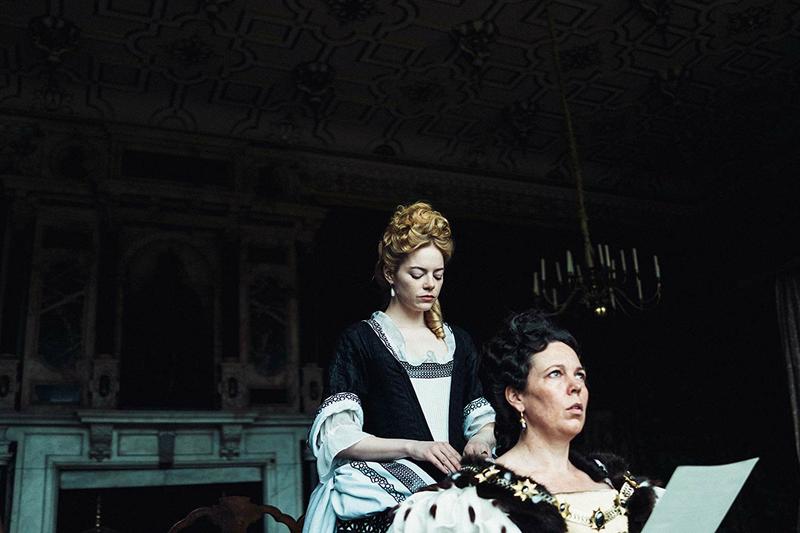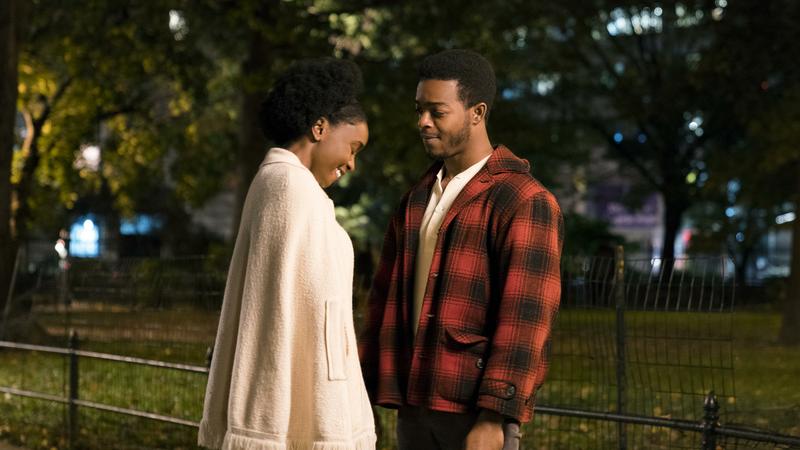
Oscars Deathrace 2019: Best Picture
February 15, 2021Can you guess my Favourite?
Over the last few years, I wrote a series of Oscars articles for The Phoenix News, in which I weighed in on which movies I thought should win the Oscar in that year.
This article was originally published in The Phoenix News under the title “Who Should Win the Oscar in 2019? Best Picture“

Who Should Win: The Favourite
The frontrunner to win this year’s coveted Best Picture award, Yorgos Lanthimos’ aptly named Queen Anne biopic, The Favourite, is one of the best movies of the year.
Starring Olivia Coleman as Anne, alongside Emma Stone and Rachel Weisz as two nobles competing for the Queen’s favour, The Favourite mixes elements of political thriller and romantic comedy in a way seldom seen in a period piece. Most notably, The Favourite is really funny – even divorced from its historical context – and smartly written for modern audiences. While it didn’t win, it was deservedly – albeit unexpectedly – nominated at the Golden Globes for Best Motion Picture – Comedy, rather than Drama.
Beyond just Best Picture, The Favourite is also up this year for Best Leading and Supporting Actress awards for each of its three leading ladies. The movie’s director, Lanthimos, is also up for the Best Director award. Weisz and Coleman in particular deliver two of the best performances of the year, and Lanthimos’ tight direction balances drama and levity for a captivating experience that’s impossible to look away from for the entirety of its two-hour runtime.
If anything is surprising about The Favourite and the attention it has received from the Academy, it is that it wasn’t nominated in more categories. As for the categories it was nominated in, it is likely to run off with quite a few awards, including, hopefully, Best Picture.

Who Got Snubbed: If Beale Street Could Talk
This year, the Academy Award for Best Picture has eight nominees. In the minds of many, if there was a ninth nominee, it would have been If Beale Street Could Talk.
Taking place in 1970s New York, Beale Street tells the story of star-crossed lovers Fonny (Stephan James) and Tish (Kiki Layne). After Fonny goes to jail for a crime he logistically could not have committed – although the movie notably never finds the true culprit – the families of both struggle to prove his innocence to a system that doesn’t care.
Beale Street is a movie that tackles and examines racism, but wisely does so subtly. No one explicitly looks down on Fonny or Tish because of their race – in fact, the only white people involved in the case are the nearly-unseen police officer who arrested Fonny and the lawyer trying to get him out. Instead, Beale Street looks at the effect of a system that disadvantages black people. This is most obvious through how open-and-shut Fonny’s case is presented right from the start. From the first minute of the movie, the audience is shown a case so hopeless that it is nearly relegated to a subplot.
The other plot thread, then, deals with Tish’s pregnancy. As a young black woman from a poor family, the odds are already stacked against Tish’s baby. But when Fonny goes to jail and the lovers’ families are left with the burden of unearthing proof, Tish’s situation gets more and more difficult.
While Beale Street takes place in the 1970s, the time period is almost never stated and barely matters. The entire movie could just as easily be set in the modern-day and change nothing but the outfits. The societal problems it examines haven’t gone away, and are too often overlooked in film.
Gone are the days when a movie can ask us to look at old racism and feel glad we live in a post-discriminatory society. In the 21st century, we need movies that take a nuanced approach and show the type of subtle and systemic oppression that still exists. Beale Street is a movie that is inherently aware of that, and it’s a shame it was overlooked.
Other notable snubs: Cold War, The Wife, Annihilation

